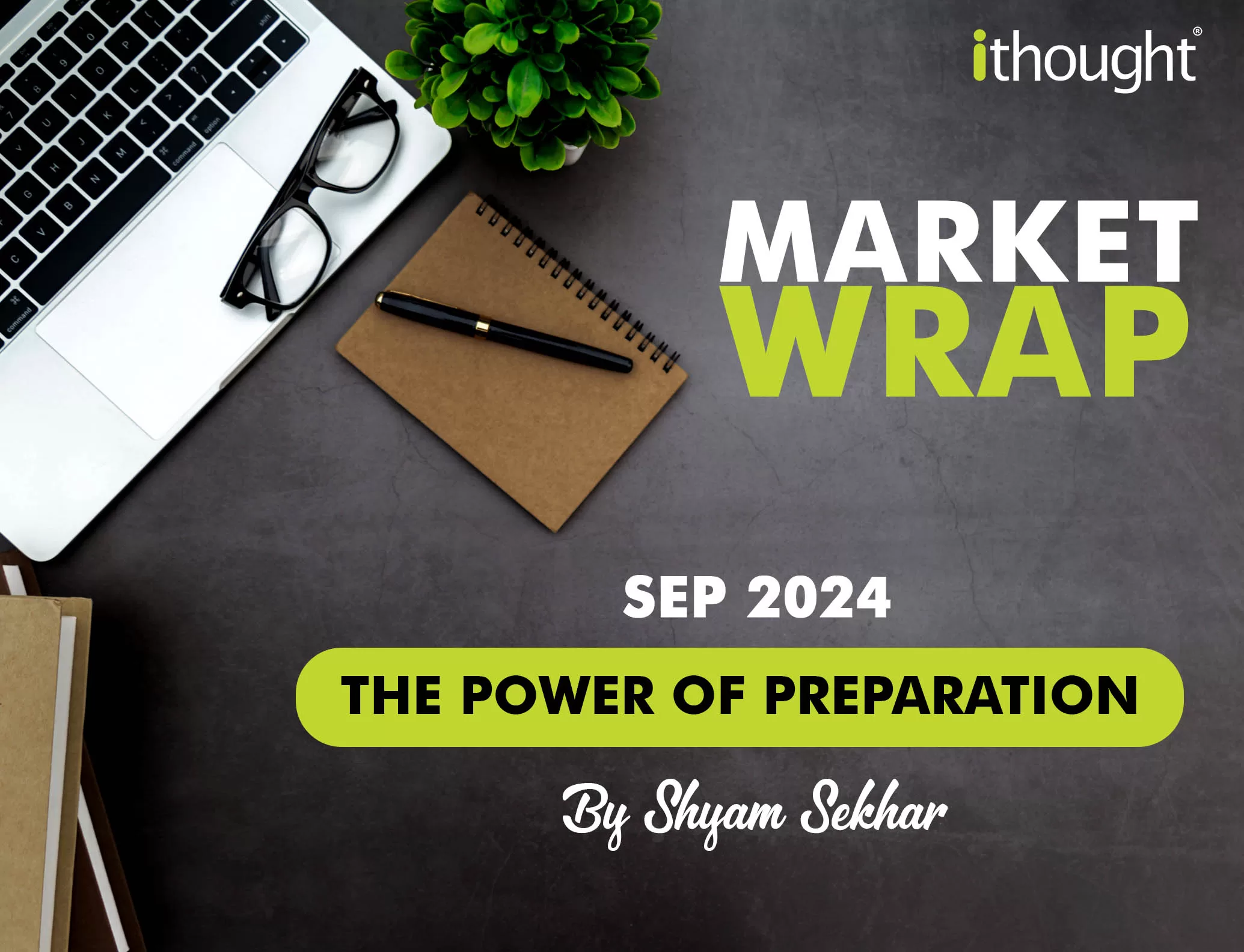
Where are you invested right now? Most people simplistically answer in terms of just the asset class. “I own 60% in equity” is a typical response. The question needs far more serious thought than this.
A closer study of your portfolio will show you that the risk construct clearly varies even within each asset class. If you own too much smallcap or even smaller companies, your risk will be running out of control right now. If you own a predominantly large cap portfolio, your risks will still be in a tolerable zone of comfort. Yet, we fail to see the risk specifics closer in our portfolio.
So, most of us superfluously look only at the overall asset class level and not at the sub-asset or category level. When we superfluously judge our investing, we often fail to assess risks affecting our wealth objectively. And, that in turn leads us to becoming slack in our risk review and response. This may lead to a complete miss on several critical action points in our portfolios. A more serious and precise assessment of our investment book is now not a choice. It is a compelling need.
By doing this now, what will we achieve? We will certainly know where the risks are running higher than we are comfortable dealing with. This will drive us towards selective decisions that will calibrate and reduce our risks. In a market where excessive risk taking is the new normal, this will firmly position us on a safety plank. It will also help us know what to avoid, where to park our surplus funds and when to reduce risks further in our portfolio. When we consciously reduce risks in a market of rising risks, we do damage control in our portfolio much before the damage happens. By acting early, our defence mechanism is stronger and more robust than others. Our portfolio gains far more resilience which will come in handily when the market corrects.
While it is impossible to predict when the market will correct, being prepared is the best way to be. Incremental preparation right from now ensures that we are far more prepared than we would otherwise be if we try to choose the perfect moment to even start preparing. While we may feel an acute sense of the FOMO factor seeing others showing no sense of urgency, it will certainly be worth preparing early just for one simple and yet strong reason. When everyone decides to move towards caution, we will not be able to do so as the market will not give us adequate time. By being early, we give ourselves ample time to become more than adequately prepared. That state of total preparedness is priceless in the current market context.